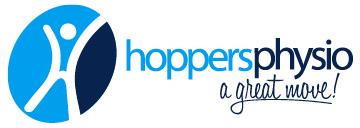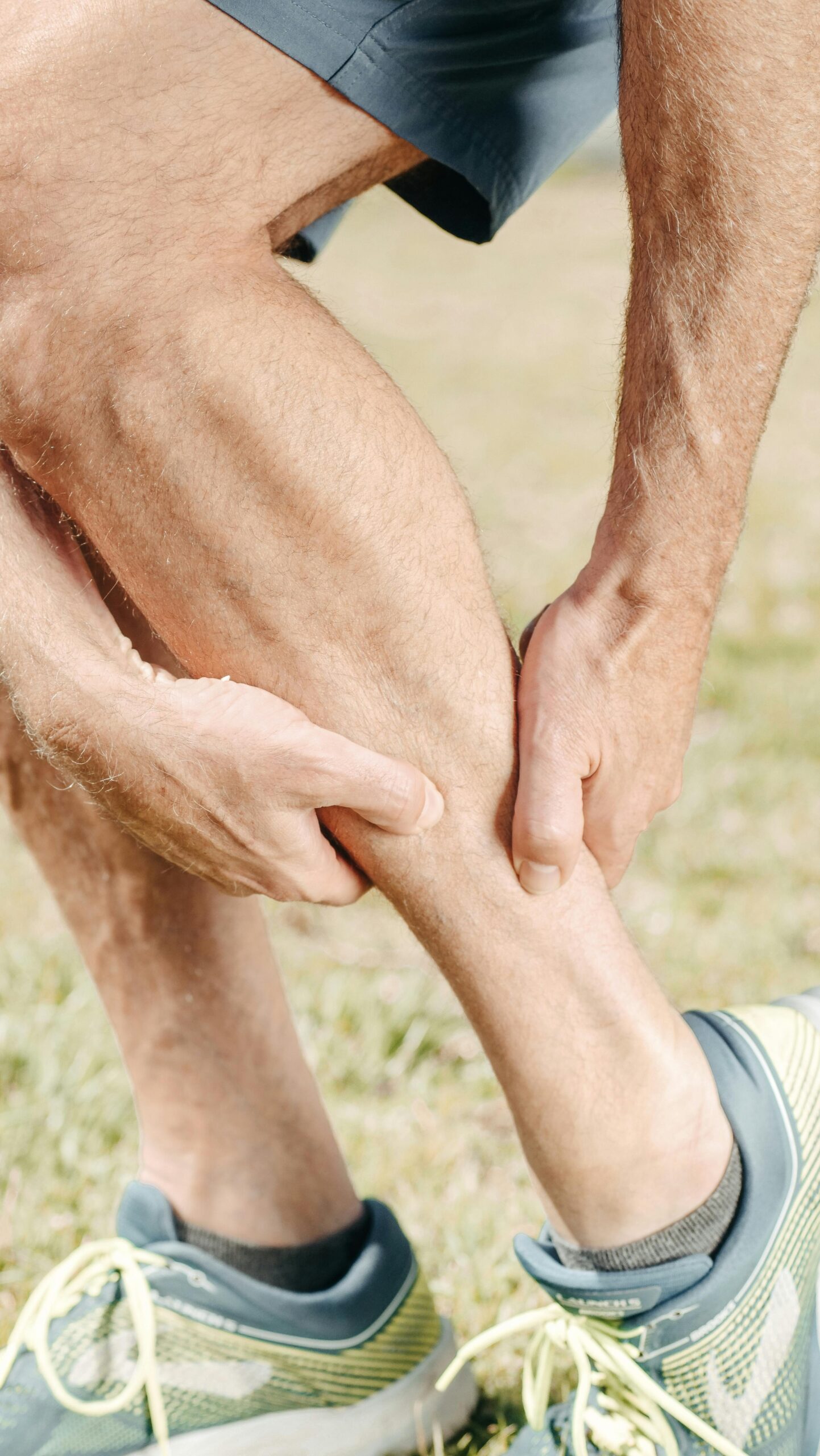Calf Injuries
Calf injuries are injuries to the soleus and/or gastrocnemius muscle. They can impact anyone, but some people are at greater risk. They often occur after a quick burst of speed, i.e., moving from stationery to full pace over a short period of time. Athletes who play soccer, football, and tennis are prone to these injuries. However, they are also common in men over 40, particularly when they participate in sports while lacking adequate conditioning.
What are the symptoms of calf injuries?
Symptoms of a calf muscle strain include:
- Sharp, sudden pain in the back of the leg. People often report thinking someone has kicked them in the calf. This often occurs with a popping sensation in the calf.
- Pain on walking: Most people present with limps.
- Pain on pointing of your toes or performing a calf raise
- Pain in the bending of the Knee
- Bruising and Swelling of Calf
Physiotherapists at Hoppers Physio are equipped to diagnose a calf strain, screen for red flags and refer for scans or to your doctor as required.
What Treatment can physiotherapy provide?
Treatment for calf injuries depends on the severity. A severe or complete strain will require surgery. However, minor calf strains can be managed conservatively with a physiotherapist.
This treatment includes:
- Management of pain and swelling initially
- Gradual progressive strengthening exercises for your calf within pain tolerance
- Return to plyometric activities for your calf
- Return to sport
Each individual’s rehabilitation journey will vary depending on factors such as age, severity, sport and individual goals.
It is important to seek assistance even for a minor calf strain as there is a high risk of re-injury after an initial strain. Physiotherapists assist by guiding you in your rehabilitation program and advising you when to return to the sport so you do not return too early and risk re-injury.
If you have any questions about calf injuries or believe you may have one, do not hesitate to book an appointment with one of our experienced physiotherapists at Hoppers Physio.

